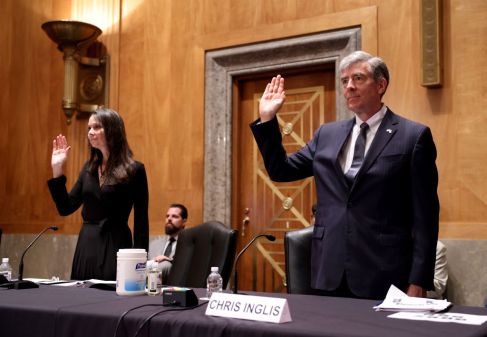CISA begins work on national network of cyber technical institutes

The Cybersecurity and Infrastructure Security Agency has begun work on a national network of cybersecurity technical institutes.
Together with the Department of Homeland Security Science and Technology Directorate, CISA awarded $2 million to the Critical Infrastructure Resilience Institute to develop a plan for the institutes.
The institutes would help meet federal and nationwide cyber workforce needs highlighted in a DHS-Department of Commerce joint report — namely that there were about 299,000 cyber openings as of August 2017 with that number only expected to grow.
“CISA sees the growing cybersecurity workforce shortage in the United States as a national security risk,” said Bryan Ware, assistant director of cybersecurity at CISA, in the announcement Friday. “This award to create a national network of institutes to educate and train dynamic and diverse cybersecurity professionals is part of the administration and CISA’s initiatives and efforts to begin a trend of reducing this workforce gap.”
CIRI is a DHS Center of Excellence (CoE) led by the University of Illinois at Urbana-Champaign and it will work with Auburn and Purdue universities, as well as the University of Tulsa to create an academic hub-and-spoke model for training cyber workers. The CoE is one of 10 at DHS and was launched in 2015 to create research and development academic networks.
“This is exactly the type of national need that the DHS Centers of Excellence network was established to help our nation address,” said Gia Harrigan, federal program manager for CIRI at DHS S&T, in a statement. “Building capacity to address critical workforce and education gaps across academia and the broader Homeland Security enterprise is one of the things they do best.”




